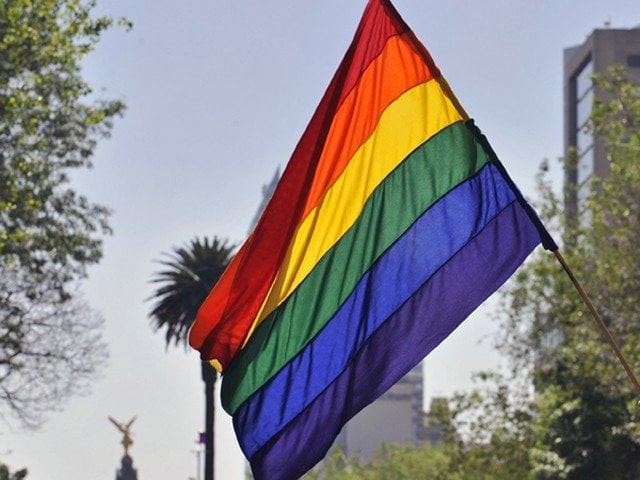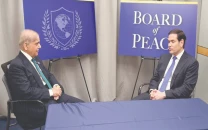Seychelles parliament decriminalises gay sex
Move means the Indian Ocean archipelago has become one of the very few African Union members to allow homosexuality

The move means the Indian Ocean archipelago has become one of the very few African Union members to allow homosexuality PHOTO: AFP
The move means the Indian Ocean archipelago has become one of the very few African Union (AU) members to allow homosexuality, which remains a crime across most of the continent.
President James Michel, who heads the ruling Parti Lepep which dominates parliament, launched the proposal in February, but said members could vote according to their conscience.
Mexico leader seeks to legalize gay marriage nationwide
"Out of 28 members present for the vote, 14 voted in favour while the other half abstained," the Seychelles News Agency (SNA) reported after the vote was passed on Wednesday in the capital Victoria.
Four other lawmakers were absent from the vote.
The Seychelles, which belongs to the 54-member AU bloc, is made up of 115 islands lying off the coast of east Africa. More than three-quarters of the islanders are Roman Catholic, official statistics show.
Its economy depends mainly on high-end tourism, and passing the bill may ease concerns of some visitors.
"Our constitution clearly states that all persons are equal and this is what our party believes in," opposition leader Francesca Monnaie of the Popular Democratic Movement told SNA.
"So I do not see why we should discriminate against a specific group based on their sexual orientation."
The bill amended a section of the penal code dating back to British colonial rule that penalised anyone who "has carnal knowledge of any person against the order of nature".
Muslim states block gay groups from UN AIDS meeting; US protests
Foreign Affairs Minister Joel Morgan had sought to ease concerns among some politicians and church leaders, including Roman Catholic Bishop Denis Wiehe, SNA reported.
"A sin is not determined by the government but by religion," Morgan said, explaining it was not an issue for the judicial system.
"Each individual needs to follow his or her conscience on the issue."
Fabianna Bonne, who heads the country's only gay rights campaign group, said efforts would now focus on educating society about "misconceptions and negative stereotyping", SNA added.



















COMMENTS
Comments are moderated and generally will be posted if they are on-topic and not abusive.
For more information, please see our Comments FAQ